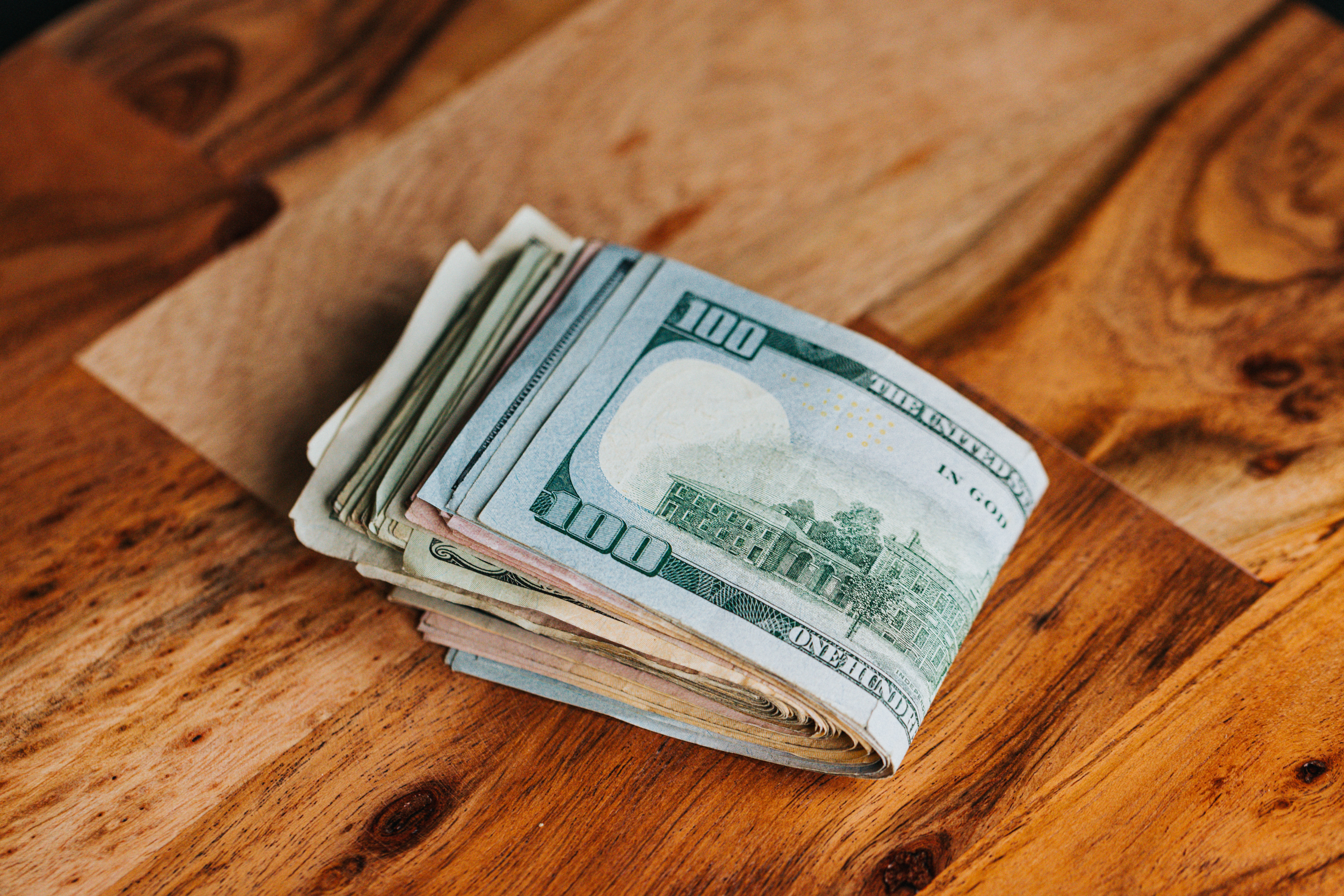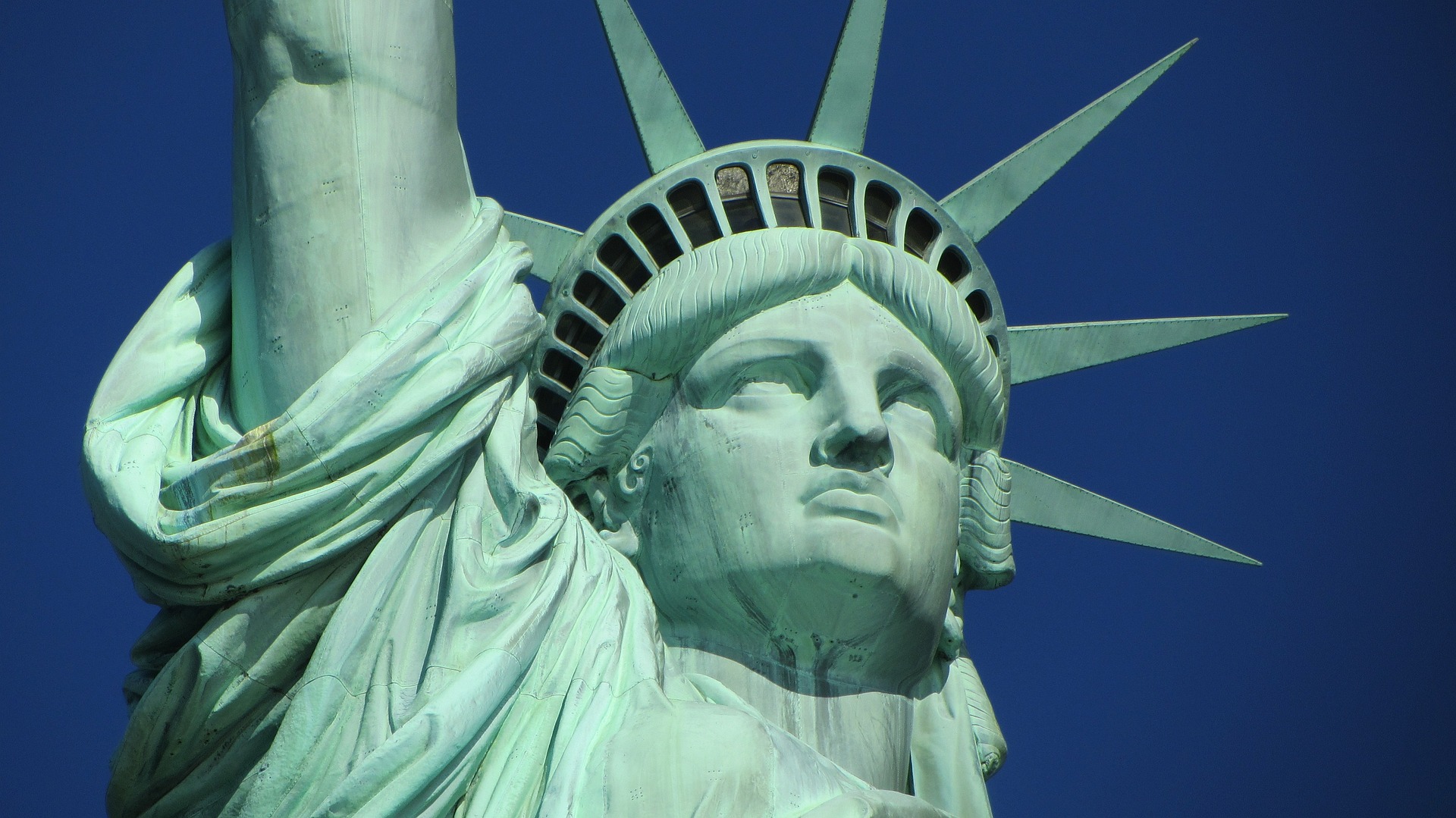
DC Energy Assistance: Find Utility Assistance Programs
When you think of basic needs, you probably think of necessities like food, shelter and clean water, the most basic ingredients to survive. But when it comes to taking care of a community, basic needs aren’t just confined to survival in the most literal sense. Basic needs are what it takes to be a functional, healthy person, and having running utilities is a part of that. From being able to heat your home in winter to having the ability to cook on the stove or take a shower, these everyday activities are vital to one’s well-being.
If you or someone you know struggles to pay for utilities in Washington, DC, there are programs in place to help. Here’s how to get financial assistance for utility bills.
DC Energy Assistance & Utility Programs
The following DC energy assistance programs help to make critical improvements in people’s lives. In addition to these programs, eligible residents may qualify for the Residential Aid Credit (RAC) Program, which automatically applies bill credits to reduce energy costs for low-income households. This program is designed to provide light bill assistance by lowering monthly electricity expenses for qualifying residents. If you need emergency utility assistance in DC, these are the programs we recommend. If you need emergency DC energy assistance or other utility aid, these are the programs we recommend.
Energy
LIHEAP, which stands for Low-Income Home Energy Assistance Program, is a DC energy assistance initiative that offers crisis support for those struggling to pay their energy bills. The program provides a grant to qualified applicants. Financial assistance is made available in winter or summer months to help provide heat during cold seasons and air conditioning when temperatures rise. The goal is to help keep these utilities on while you look for more long-term solutions.
To qualify for LIHEAP assistance, you must:
- Have already lost energy utility services or be on the verge of losing energy utility services
- Have less than a 10-day supply of bulk fuel left to power heating needs
- Have broken, inoperable or unsafe heating equipment in your residence
For those who qualify, the program will provide assistance in the most appropriate ways, including:
- Extend funds to pay heating or utility bills to prevent disconnection
- Provide a grant for the payment of utility or heating security deposits
- Replenish heating oil
- Purchase a portable space heater or a can
- Assist in the repair or replacement of primary heating equipment
- Provide for emergency shelter if living conditions are inhabitable
- Offer supplemental heating equipment maintenance and tune ups
Learn more about energy assistance in DC, including how to apply for utility bill assistance.
Gas
DC utility assistance programs, including gas and heating aid, help low-income residents stay warm in winter. Since 1983, the Washington Area Fuel Fund (WAFF) has distributed nearly $32 million to families across DC, Maryland, and Virginia. Through a partnership between Washington Gas and The Salvation Army, the WAFF program offers financial assistance to those who:
- Live in DC or approved Maryland or Virginia locations
- Have had their home’s heating source disconnected or have received a utility termination notice
- Prove low income
- Have exhausted all other government energy assistance programs and are still in crisis
The WAFF program does not just provide assistance to those who are Washington Gas customers. This program is in place for qualified applicants using all fuel types, such as natural gas, propane gas, electricity, oil, coal, wood, kerosene, etc.
You can apply for WAFF assistance here.
Water
Qualified, low-income DC residents can get help with paying their water bills in emergency situations, too. Serving People by Lending a Supporting Hand (SPLASH) is a water bill payment program that helps low-income residents, seniors and those who are disabled maintain critical water and sewage services in times of financial hardship. Call 202-354-3600 to speak with a customer care associate to learn more and see if you qualify to receive financial assistance.
Another option is CAP, the Customer Assistance Program. The District of Columbia’s Department of the Environment (DDOE) administers a discount program to qualifying applicants, with discounts on their account of up to 400 cubic feet (3,000 gallons) of water and up to 400 cubic feet of sewer services every month. Eligible households receive a 75% reduction in the monthly CRIAC fee and a Water Service Replacement Fee waiver. The monthly discount is approximately $80 a month.
The CAP2 program provides a discount on the first 300 cubic feet (2,250 gallons) of water and sewer services used each month (except for PILOT and ROW fees) and a 50% reduction in the monthly CRIAC fee. The monthly discount is approximately $52 a month.
CAP3 provides a discount of 75% off the monthly CRIAC. The monthly discount is approximately $14 a month.
Learn more about DC’s customer assistance programs here.
Other DC Energy Assistance & Utility Programs
Pepco offers a variety of services, including DC energy assistance, for those with special needs or qualifying low-income households.
- Payment Arrangements: Get help with payments or your payment schedule.
- Due Date Extension: This service delays the due date of your bill by 14 days.
- Budget Billing: Get a more predictable monthly energy bill.
- One-Time Payment Delay: Delay paying your bill for 30 days.
- Commercial Assistance: These programs provide financial help for businesses.
- Residential Assistance: These programs provide financial assistance and discounts for energy utilities.
- Third-Party Notification: Designate a third party to receive copies of your notices on your behalf.
- Emergency Medical Equipment: Ensure you have electricity to power life-saving medical equipment.
How to Get DC Energy Assistance for Utility Bills
If you need emergency utility assistance in DC, start by seeing if you qualify for these programs at the links or phone numbers provided above. If you qualify, either fill out an application online through each site’s program or call to receive help from a program associate who will walk you through the steps to receive help.
Each program’s contact number is listed below for your convenience:
LIHEAP: 1-866-674-6327
WAFF: 202-332-5000
SPLASH: 202-354-3600
CAP: 202-350-9649
Pepco: 202-833-7500
How to Apply for DC Energy Assistance & Utility Bill Aid
For most DC utility assistance programs, you’ll need to reach out by the email address or phone number provided to apply for assistance. Some programs require you to create an online account and apply for assistance using their respective online portal.
Carefully review each program’s eligibility requirements before applying. Generally, you must provide proof of income, assets for all household members and other documentation such as social security, unemployment insurance, pension funds, disability, etc. when applying, so have these things ready. Also be sure to check each program’s deadlines for the upcoming year.
Find each program’s online application linked below. Not all programs offer online applications.
LIHEAP (Contact your local LIHEAP office)
Pepco (Find applications for each Pepco program by clicking the assistance program you’re interested in on this linked page)
How to Apply for the Residential Aid Discount (RAD) in DC
Applications for the Residential Aid Discount (RAD) are administered through the Department of Energy & Environment. Customers must provide proof of income and eligibility to receive automatic credits on their utility bills.
Conclusion
United Way NCA is committed to providing access to our local communities, ensuring that everyone’s essential needs are met. Many people in our area could be one medical bill, one car breakdown or one injury away from not being able to make ends meet when it comes to their utilities, and no one should have to go without. Our programs help those in financial hardship get the assistance they need and reclaim their lives and well-being. If you’re in need, don’t hesitate: Find support and get the assistance you deserve.
DC Energy Assistance FAQs
For the Regular Benefit under LIHEAP, the approval process typically takes around 30 days, with payments issued within 15 days of approval. If you are experiencing an emergency utility assistance DC situation, Emergency Services applications are typically approved within 48 hours to help restore energy access quickly.
If you are at risk of disconnection due to unpaid energy bills, you may be eligible for light bill assistance through local government agencies. Visit your County Health and Human Services Department in person to apply for emergency funding that may cover your past due bills and help you restore service. Additionally, programs like LIHEAP and the Residential Aid Credit (RAC) offer DC energy assistance to prevent service interruptions.
The Arrearage Management Program (AMP) is designed to help customers reduce or eliminate past-due energy debt. When customers enroll and stay current on new energy bills, a portion of their outstanding balance is forgiven over time. To participate, you must first apply for energy assistance and be approved by the Department of Energy & Environment (DOEE).
To check the status of your LIHEAP application, you can call the LIHEAP office directly and provide your identification and application details. Many agencies also offer online portals where applicants can track their approval status. If you have applied but have not received confirmation, reaching out to your local energy assistance agency is the best way to verify your status.



